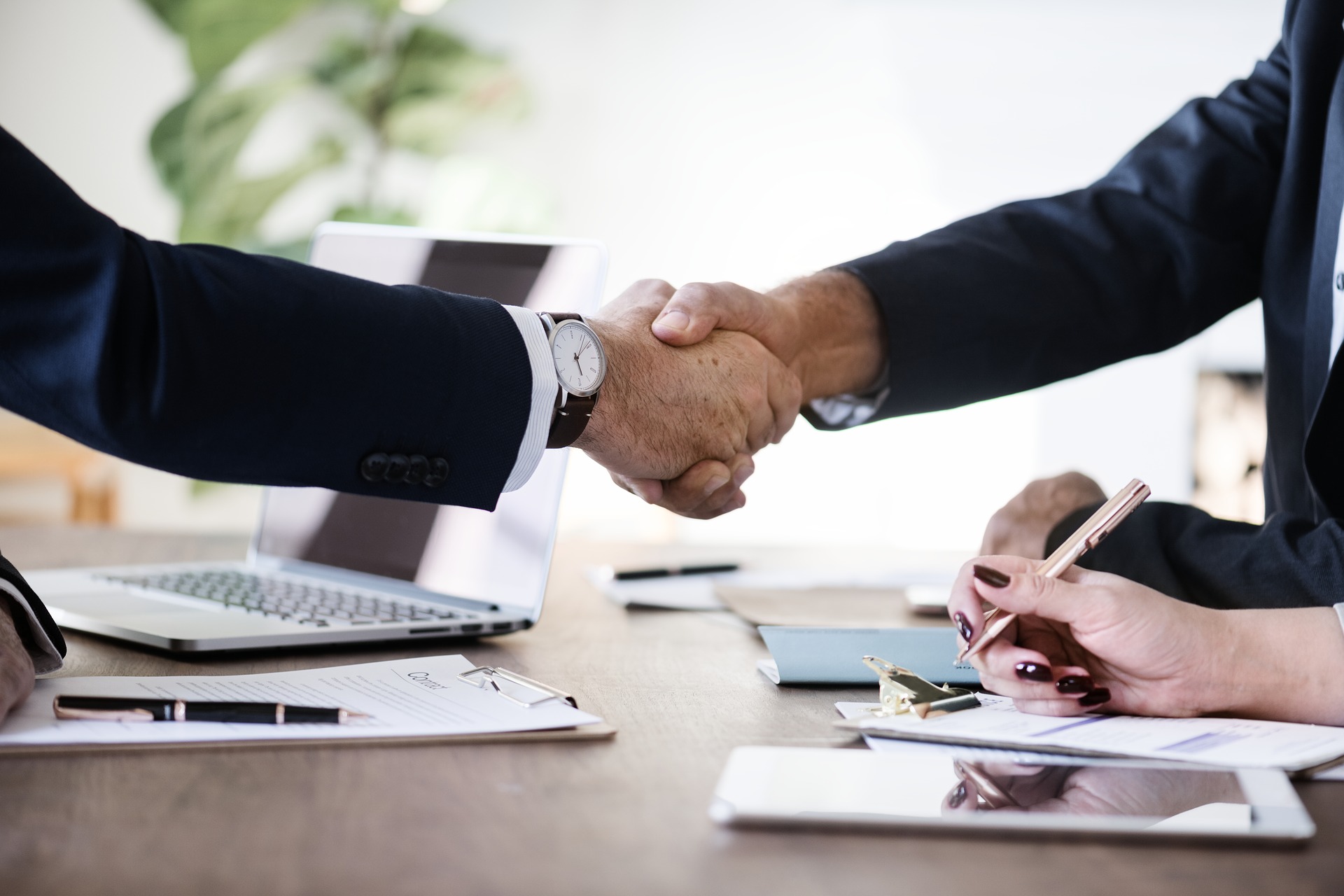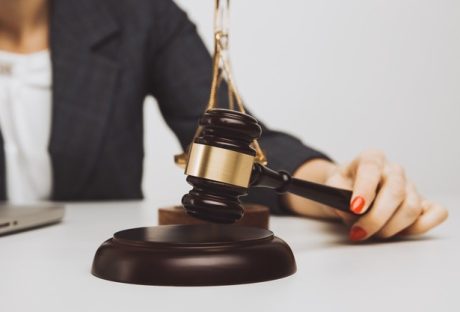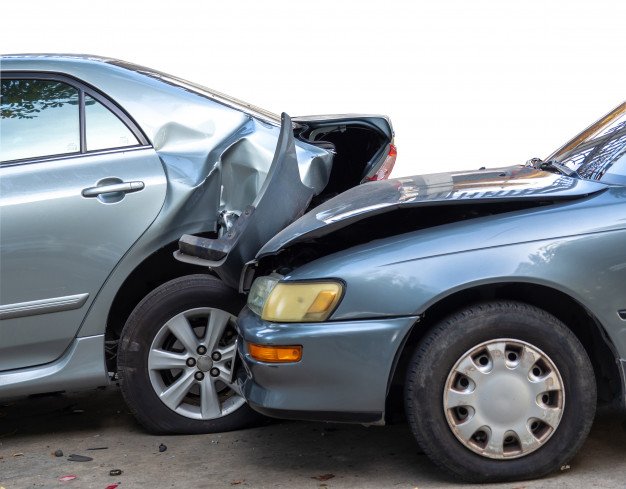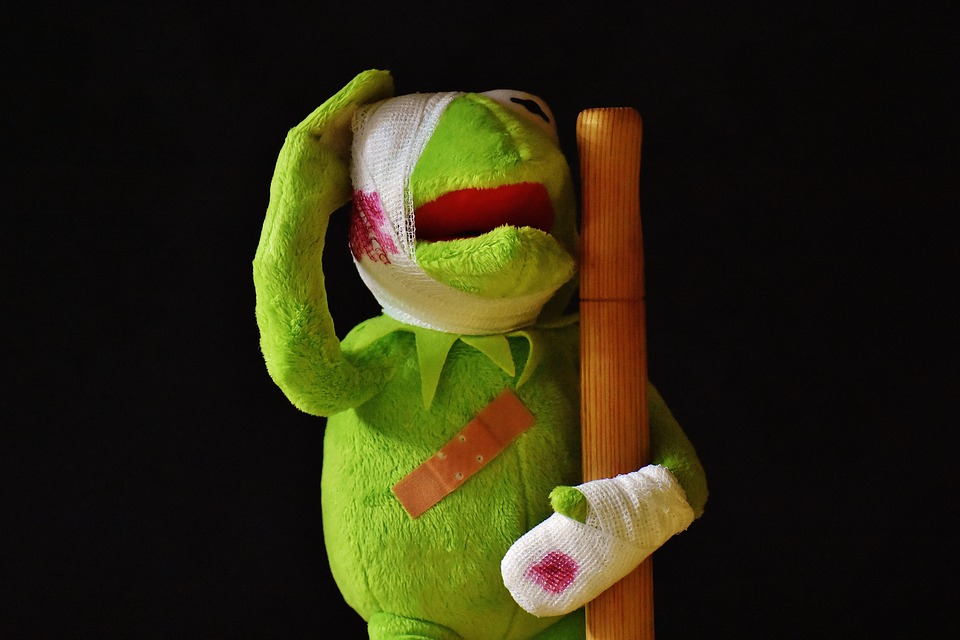In today’s business climate, it’s not only the large companies that need to have a lawyer working for them. Legal complications and lawsuits can arise when you least expect it, and often for reasons you hadn’t even considered; it’s, therefore, vital that you are protected. If you’re unsure just how important business law attorneys are, keep reading. Here are five reasons why having a relationship with one is so crucial.
1. Ensure Agreements and Contracts are Airtight:
Many businesses don’t consider the importance of agreements and contracts until a problem arises, and by then it’s usually too late to do anything about it. A business lawyer will be able to advise you on the types of contracts that you need, and what they need to contain, whether you work with employees, freelancers or contractors. Having a lawyer set these up early can help to avoid costly oversights further down the line.
2. Help You Through a Lawsuit:
If you are ever hit with a lawsuit or threatened with legal action, you’ll be a step ahead if you already have an attorney on your team. Your attorney will already understand the ins and outs of your company and will have constructed the legal agreements mentioned above that are designed to protect you. They will be able to advise you on whether the defendant has a case, and be able to help you through the process.
3. Help You Avoid Mistakes You Weren’t Aware Of:
Running a business can feel like a legal minefield sometimes, and a business lawyer can help you to avoid many of the mistakes most business owners didn’t even realize were problems. This is true both for large businesses and small, as well as solo entrepreneurs. Hiring an attorney who has a specific interest in your business could help you to save a significant amount of time, worry, and stress.
4. Can Make it Easy to Get Paid:
In business, it’s not uncommon for certain clients or customers to drag out payments, often beyond the predetermined schedule you’d set up. Many business owners end up spending a long time chasing these payments, which can take them away from the more important matters of their business. And, in some cases, the clients don’t pay at all. A business lawyer can draft a letter suggesting that you will be taking immediate action if your accounts aren’t paid up in full. This is often enough to motivate a client into taking the required action.
5. They Can Refer You to Other Professionals:
Most business attorneys have contacts in other industries and this can be really useful, especially for small businesses and startups. If you have specialized tax queries or need help with something else really specific, your lawyer should be able to put you in touch with a recommended professional who can help. A well-connected lawyer can truly be worth their weight in gold.
Hopefully, after reading this article you now understand why a business attorney is so important.
Read Also:






















